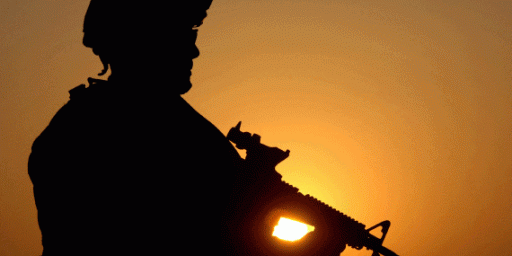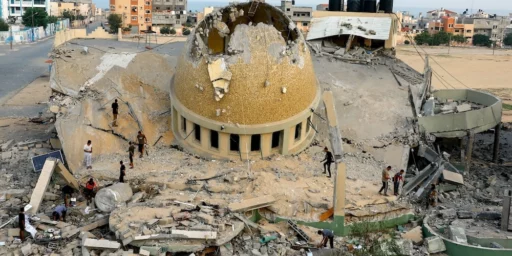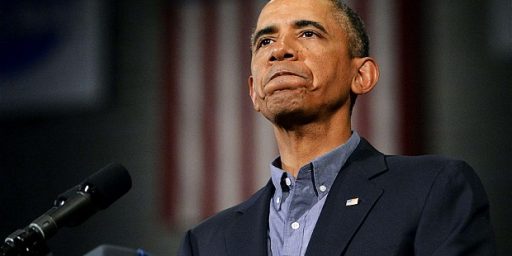Rwanda: Ten Years Later
Blackfive offers his assessment of world reaction to the Rwanda genocide ten years ago. A snippet:
There is plenty of blame to go around. Too many lawyers in our own government prevented anyone from using the word “genocide” because it would legally cause us to commit troops to stop the violence. Too many politicians used words like “not in our national interests” and failed to commit immediate resources to the U.N. Director of Peacekeeping, Kofi Annan. Canadian General Dallaire begged, BEGGED, for armed troops. Instead, he received tens of unarmed observers – observers that were killed whenever they tried to stop the maddness. Observers that were ordered by the U.N. to not intervene (ten Belgian soldiers were mutilated, tortured and killed trying to stop the murder of a moderate politician).
In all candor, I was among the “not in our national interests” camp at the time. Even in hindsight, I’m not sure that we should have intervened, although I’ve become persuaded that humanitarian interventions are useful than I was then. I believe presidents have an obligation, first and foremost, to the United States. Spilling of American blood and spending American treasure–extracted by coercion from the taxpayers, after all–should not be undertaken lightly.
The bottom line for me in situations like Rwanda is “doability.” I’m not privy to the tactical assessments available at the time, so I still don’t know where on the spectrum Rwanda fell. But foreign intervention into tripartite civil wars is almost always a disaster. My graduate advisor, Don Snow, coined the term “the Do-Something Syndrome” for situations like this. Our hearts clearly go out to people getting slaughtered and, as Americans, we feel some obligation to help. But all problems aren’t equally solvable by the application of American force and the projected cost in American blood and treasure is sometimes too high for the objective sought. We’ve got to pick and choose carefully.
My sense on humanitarian intervention is that it should only be done when 1) there’s an American national security interest tied to it, as we saw recently in Haiti (refugees, regional ties, etc.) or 2) it can be accomplished without substantial risk to American soldiers. Barbara Conry wrote an excellent piece on this topic almost a decade ago entitled, “The Futility of U.S. Intervention in Regional Conflicts.” An excerpt:
As tragic as many of the regional wars are, most cannot be resolved by American military intervention. In fact, military involvement often aggravates the situation. Furthermore, intervention can create a number of problems for the United States, including a rise in anti-American sentiment, diminished American credibility if the mission fails, domestic skepticism about future military operations even when legitimate U.S. interests might be involved, and threats to vital interests where none previously existed.
Proponents of intervention cite a number of interests, both security related and humanitarian, as justifications for U.S. military involvement in regional wars. The most common, and fallacious, argument for intervention is that global instability is a threat to U.S. security. That argument relies heavily on the discredited domino theory and the notion of deterrence by example. Global instability does not, per se, threaten vital American interests and is the normal state of affairs. A policy that views disorder or instability as a security threat would force the United States to expend vast resources in pursuit of an unattainable objective.
Rather than attempt to stifle regional conflicts through military intervention, the United States should encourage regional initiatives. Washington must, however, recognize that many regional conflicts are so deeply rooted that no outside party, from within or outside the region, will succeed in ending the fighting.
Sadly, she’s right.





